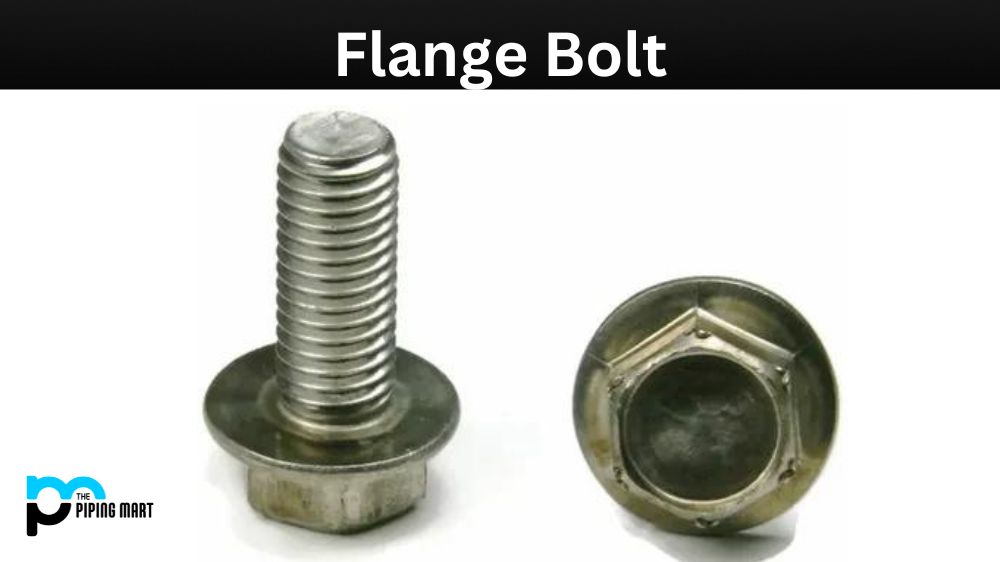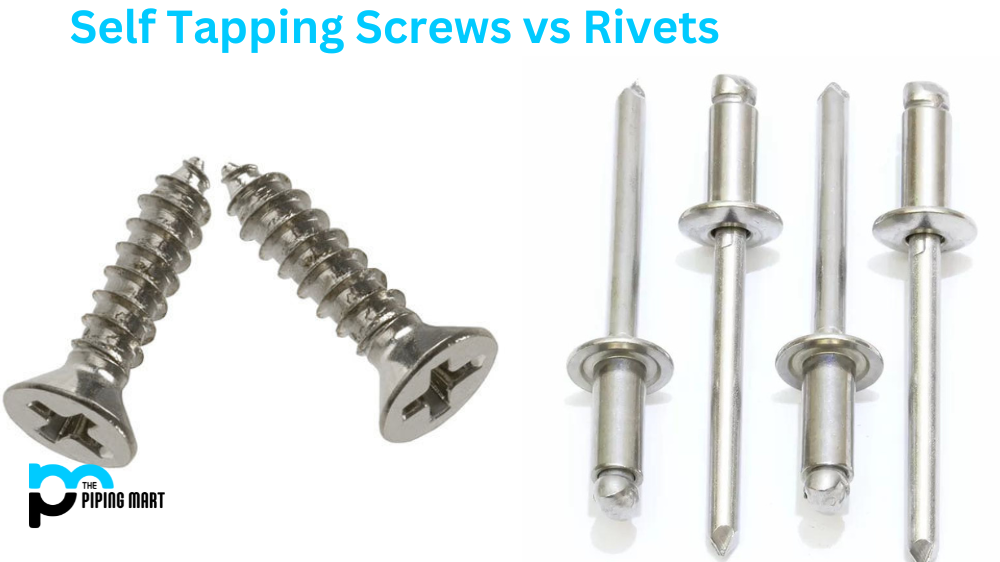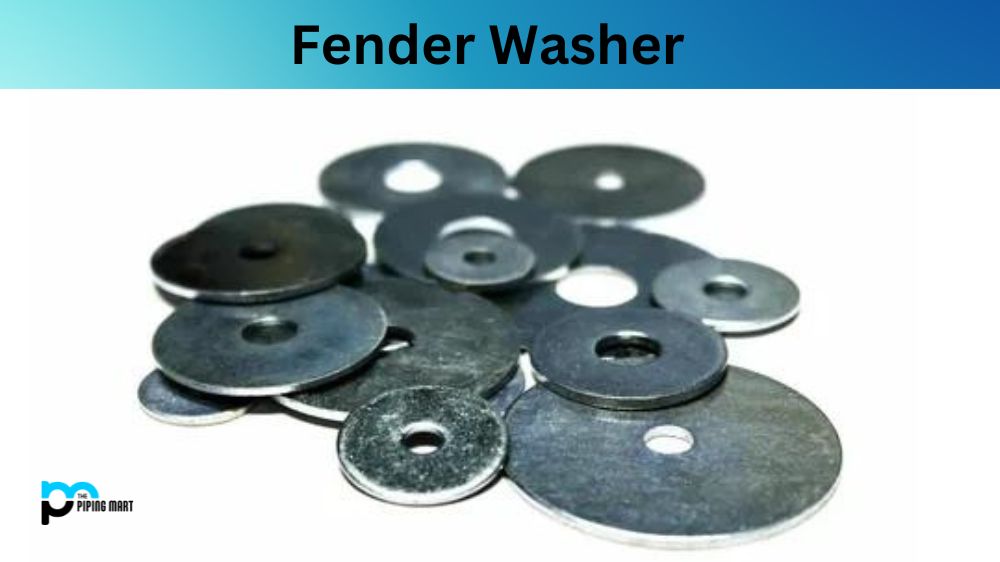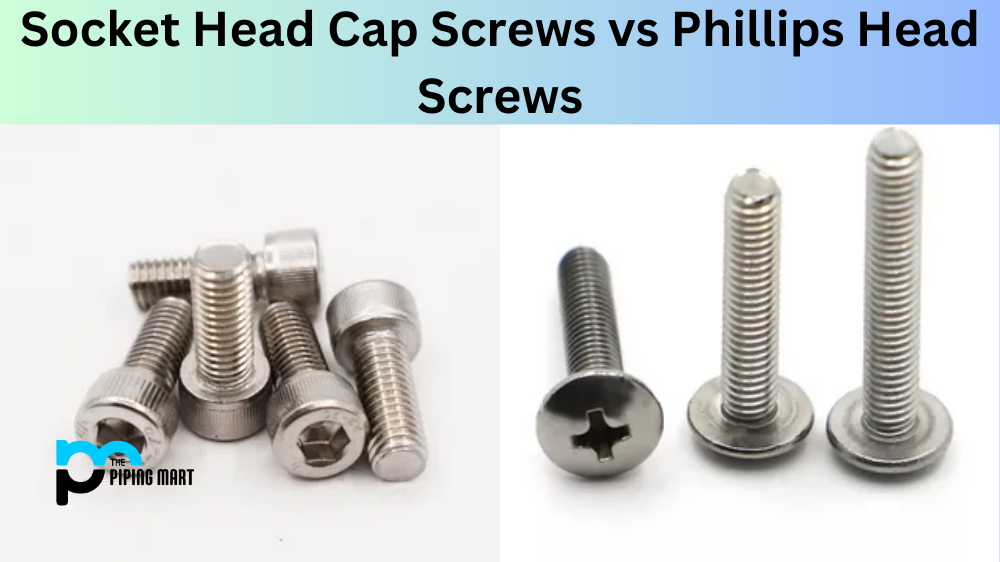Flange bolts are extensively used in construction, industrial, and automotive applications. These bolts are designed with a flange at the base of the head and a smooth shank. The flange helps distribute the load across a larger surface area of fastened material. Flange bolts come in numerous sizes, shapes, and materials. In this blog, we will look at the advantages and disadvantages of using flange bolts.
Advantages of Flange Bolts:
Increased load-bearing capacity: One of the primary advantages of flange bolts is their ability to distribute the load over a larger surface area of fastened material. This feature results in an increased load-bearing capacity of the bolt.
Reduced loosening: Flange bolts are less likely to come loose or back out since the flange creates a barrier that prevents the bolt from turning. This feature is especially useful in high-vibration environments and applications where the bolt’s integrity is crucial.
Time-saving: Flange bolts save time in assembly since their smooth shank improves installation speed. The wrench can accidentally twist with a regular hex bolt, causing the installer to spin the bolt repeatedly. The flange works as a flat washer, less likely to twist during tightening, resulting in a quicker installation.
Disadvantages of Flange Bolts:
Expensive: Compared to regular hex bolts, flange bolts are more expensive due to their design, manufacturing complexity, and materials used.
Limited availability of different materials: Flange bolts are only available in all materials, sizes, and shapes. This may limit their applications in certain industries where a specific material or size or additional fabrication is required.
Not suitable for all applications: Flange bolts may only suit some applications. For example, electronic and aerospace applications require specialized screws and fasteners more suitable than flange bolts.
Conclusion:
Flange bolts offer several advantages, such as increased load-bearing capacity and reduced loosening, making them ideal for many industrial and automotive applications. However, their disadvantages, such as cost and limited availability of materials and sizes, may restrict their usage in some industries. Before choosing flange bolts, designers and engineers must consider the intended use and the appropriate materials to ensure the desired efficiency, durability, and safety.

Abhishek is a seasoned blogger and industry expert, sharing his insights and knowledge on various topics. With his research, Abhishek offers valuable insights and tips for professionals and enthusiasts. Follow him for expert advice on the latest trends and developments in the metal industry.




